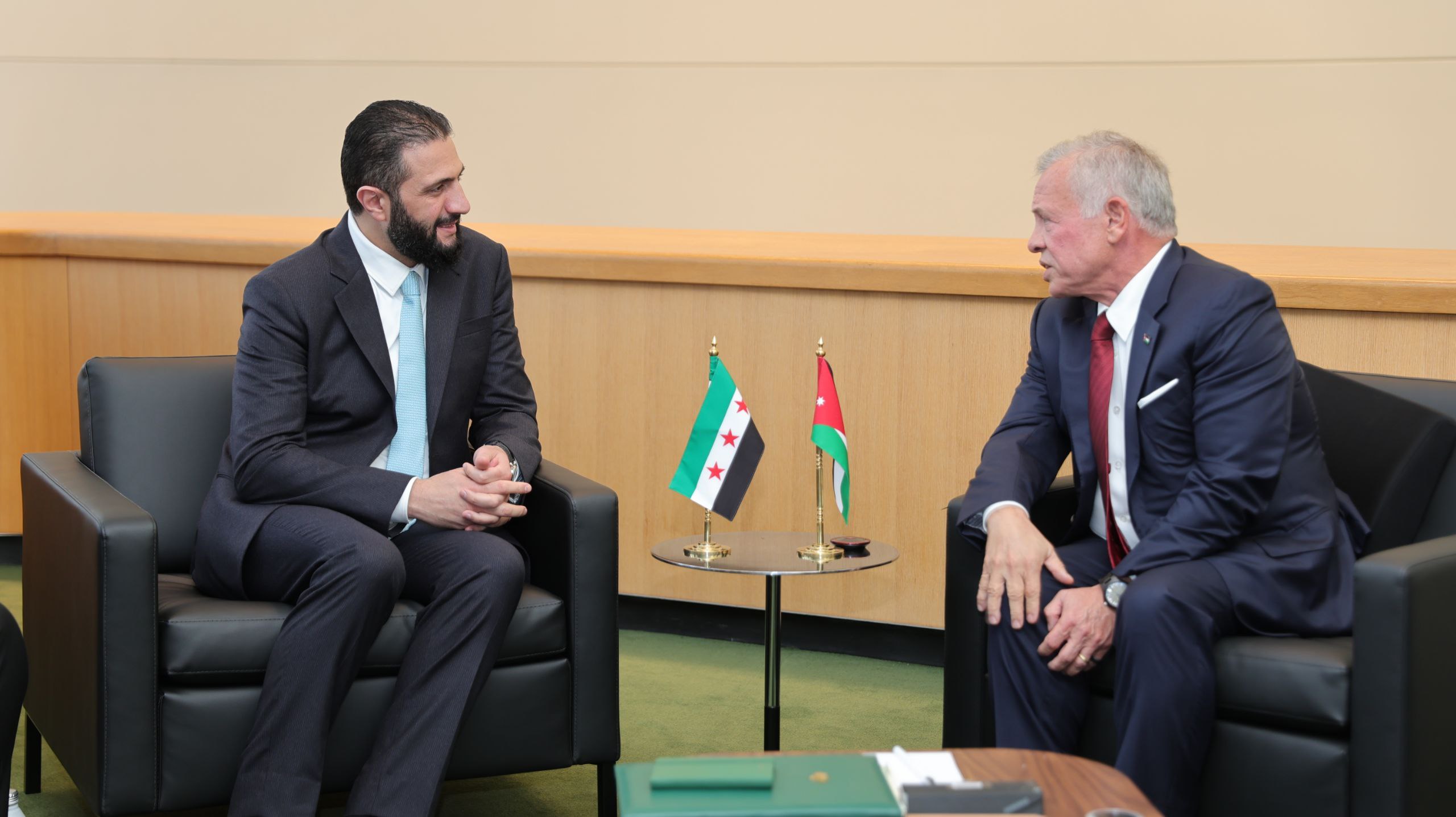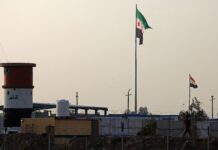
With tensions escalating in southern Syria and ongoing attempts to smuggle drugs across the border, a senior Jordanian official stated that Jordan is intensifying its coordination with Syria, focusing on firm security measures supported by sustained political engagement.
Since the fall of the former Assad regime on December 8, 2024, Jordan has sought to strengthen relations with Syria. Jordanian officials affirm that restoring relations to their pre-2011 level requires the rebuilding of state institutions and key infrastructure. They note that Jordan has contributed to this process since the beginning of the year.
Officials added that recent visits by several high-level Syrian delegations to Amman have opened the door for enhanced cooperation in water, energy, aviation, and trade. This includes coordination to resolve long-standing disputes over water quotas from the Yarmouk River after decades of disagreement.
A Joint Roadmap for Southern Syria
Analysts noted that Jordan played a significant role in calming armed clashes between Druze groups and Bedouin tribes, confrontations that had caused hundreds of casualties. This intervention formed part of a joint roadmap prepared with the US to stabilize southern Syria.
These efforts included sending humanitarian aid convoys and hosting follow-up meetings with Syrian and American officials. The aim was to build channels of communication with local communities and help ensure border stability.
Linking Security and Counter Narcotics to a Broader Political Track
Jordanian analysts say that drug smuggling remains a central concern for Jordan, which has for years faced attempts to smuggle Captagon and other narcotics across its northeastern border. According to a joint statement, the two countries have thwarted seven smuggling attempts and seized approximately one million narcotic pills. They have also dismantled organized crime networks involved in regional drug trafficking, significantly improving border security.
Political analysts connect the security situation to a wider political process, explaining that stability in southern Syria is directly linked to Jordan’s national security. Any instability in that area could immediately affect the Kingdom.
They also noted that trilateral coordination between Jordan, Syria, and the United States aims to prevent escalation and protect Syria’s unity. Current understandings suggest that Jordan has made tangible progress that may create opportunities for Syria to restore internal balance and reorganize state institutions following the easing of the Caesar Act sanctions.
Experts emphasize the need to continue political dialogue, strengthen community engagement, and secure the border in order to foster a quieter and more stable regional environment, one that brings together decisive security action and consistent diplomacy.








